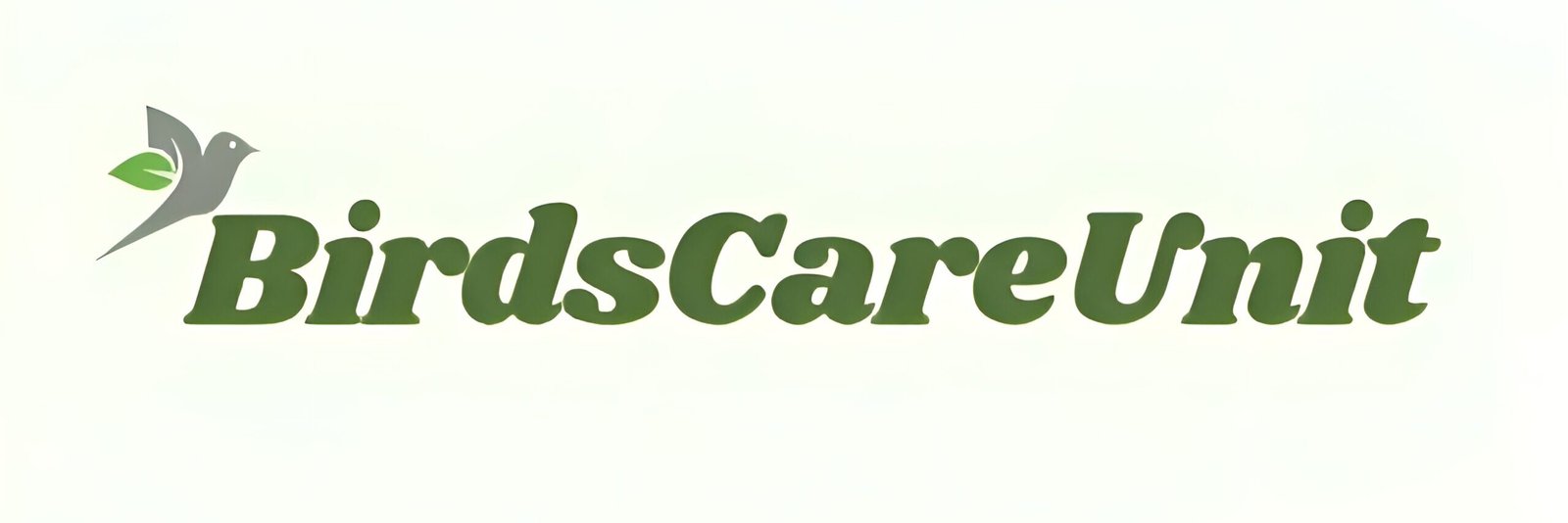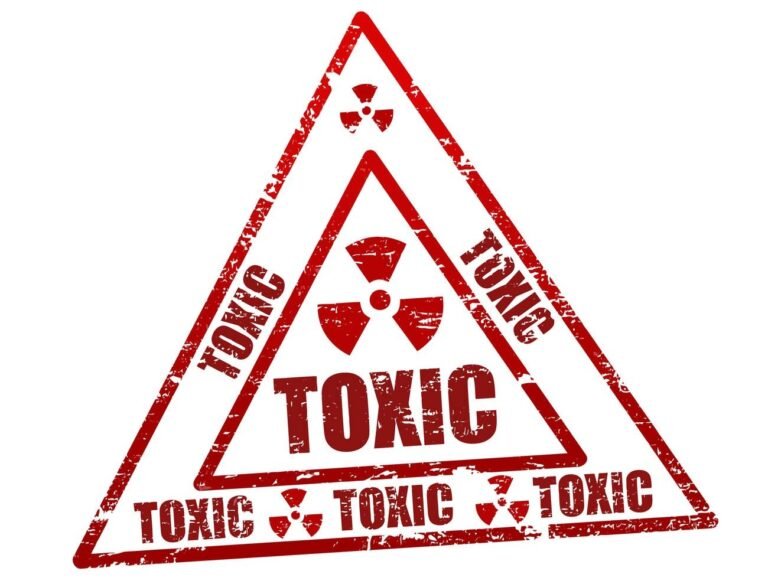Pure Water Solution for Cockatiels

Monitoring Your Cockatiel’s Hydration: A Complete Guide
As a dedicated bird owner, one of the biggest challenges I face is providing pure water for my cockatiels, parrots, and other birds. Living in cages, they don’t have access to the best natural water, and it’s our responsibility to ensure they receive the highest quality hydration. Without pure water, various diseases and health issues can arise, and without proper nutrition and hydration, pet birds are often less active and healthy. I’ve noticed that regular tap water isn’t as effective for them, and that’s why I’ve made it a priority to offer purified mineral water for my birds. Cockatiels, in particular, are delicate creatures, requiring careful attention to all aspects of their care. One often-overlooked factor is proper hydration. Ensuring your cockatiel drinks enough clean water is crucial to its overall well-being. In this guide, I’ll share my experience in monitoring cockatiels’ hydration, identifying signs of dehydration, and providing practical tips on integrating good water practices into your bird’s daily care routine to keep them healthy and happy.
Why Hydration is Vital for Cockatiels
Water plays a key role in your cockatiel’s body, helping with digestion, temperature regulation, and overall bodily functions. A lack of water can quickly lead to health problems, including dehydration, which can be dangerous if not addressed. By monitoring your cockatiel’s water intake and taking proactive steps, you can ensure they stay hydrated and healthy.
How to Monitor Your Cockatiel’s Hydration
Observe Drinking Habits
The first step in monitoring your cockatiel’s hydration is observing its drinking habits. While cockatiels don’t drink large amounts of water, they should drink consistently throughout the day. Take note of how often your bird visits its water source. A sudden decrease in water consumption may indicate an issue.
Signs of Dehydration in Cockatiels
Knowing the signs of dehydration is essential. Here’s how to tell if your cockatiel is hydrated or showing symptoms of dehydration:
- Lethargy: A dehydrated cockatiel will often appear sluggish or less active than usual.
- Dry or Hard Droppings: Healthy droppings should have a balance of solid and liquid parts. If your bird’s droppings become dry or hard, it could be dehydrated.
- Fluffed-Up Appearance: Cockatiels may fluff up their feathers when feeling unwell. If this behavior persists, it could be related to dehydration.
- Sunken Eyes or Wrinkled Skin: In more severe cases, dehydration can cause noticeable physical symptoms such as sunken eyes or wrinkled skin around the eyes.
If you notice any signs of dehydration, such as dry droppings or lethargy, it’s important to address the issue immediately by encouraging your cockatiel to drink and contacting a vet if the problem persists.
Hydration Indicators: Hydrated vs. Dehydrated Cockatiel
Hydrated Cockatiel
- Behavior: Active and alert. Engages in normal activities and interacts with its environment.
- Feathers: Smooth, glossy, and well-groomed. Feathers do not appear fluffed or ruffled.
- Eyes: Bright, clear, and round. No cloudiness or discharge.
- Nostrils: Clean and free from discharge.
- Beak: Smooth, clean, and free of cracks or overgrowth.
- Vent Area: Clean and free from any buildup or staining.
- Droppings: Normal consistency and color. Not too dry or too watery.
- Skin Elasticity: When gently pinched, the skin returns to its normal position quickly.
Dehydrated Cockatiel
- Behavior: Lethargic, less active, or disinterested in interacting. May appear unusually quiet or inactive.
- Feathers: Fluffed, dull, or ruffled. Feathers may appear less glossy and more disheveled.
- Eyes: Sunken or dull with possible cloudiness or discharge. May appear half-closed or less bright.
- Nostrils: Dry or crusty, possibly with discharge.
- Beak: May appear dry, cracked, or overgrown.
- Vent Area: May show signs of staining or buildup, indicating potential digestive issues.
- Droppings: Abnormally dry and hard or excessively watery. Color may be unusual.
- Skin Elasticity: Skin does not return to its normal position quickly when gently pinched.
Integrating Water into Daily Cockatiel Care
Providing your cockatiel with clean, fresh water should be a routine part of its daily care. Here’s how to make water provision a seamless part of your bird care regimen:
1. Check and Refill Water Regularly
Water bowls can quickly become dirty or contaminated with food, dust, or droppings. Make sure to check your cockatiel’s water source at least twice a day, refilling it with fresh water as needed. Clean the water dish daily to prevent bacterial buildup.
2. Clean Water Bowls Daily
To prevent bacteria from growing, it’s important to thoroughly wash your cockatiel’s water bowl each day. Use warm water and bird-safe soap, making sure to rinse all soap residue to avoid harming your bird.
3. Observe Hydration Levels
In addition to offering water, keep an eye on your cockatiel’s behavior. Watch for signs that it is drinking enough. Active, alert behavior and normal droppings are good indicators that your bird is hydrated.
Additional Tips for Keeping Your Cockatiel Hydrated
1. Water Temperature Matters
Just like humans, cockatiels prefer water at a comfortable temperature. Extremely cold or warm water may discourage them from drinking. Ensure the water you provide is room temperature, especially during extreme weather conditions.
2. Strategic Placement of Water Sources
Where you place the water in the cage can make a big difference. It’s best to place water bowls away from perches where droppings can fall into the water. A good strategy is to place water sources slightly above food bowls, reducing the chances of food debris getting into the water.
3. Provide Multiple Water Sources
If possible, offer more than one water source. For instance, you can place a small water dish at the bottom of the cage for your cockatiel to drink from or bathe in. However, keep in mind that water in these dishes can become dirty quickly, especially if your bird uses it for bathing. Be sure to change and clean the water frequently.
Tips for Hot and Cold Weather
Cockatiels are particularly sensitive to temperature changes, and this can affect their hydration. In hot weather, birds can become dehydrated faster, so it’s important to offer them extra opportunities to drink. Keep an eye on their water bowl, and ensure that the water stays cool and fresh. On extremely hot days, providing a shallow dish for bathing can help cool them down while keeping them hydrated.
In cold weather, avoid giving them icy water, as they may be less likely to drink it. Instead, provide room temperature water, and monitor their intake to ensure they stay hydrated despite lower temperatures.
Conclusion: Water for a Happy and Healthy Cockatiel
Providing fresh water is one of the simplest yet most essential aspects of cockatiel care. By ensuring that your bird always has access to clean, uncontaminated water, you’re taking a vital step toward maintaining their overall health and happiness. Regular monitoring of their water intake, combined with a few practical adjustments, can go a long way in supporting your bird’s hydration and well-being.
If you notice any signs of dehydration, take immediate action by offering fresh water and consulting with a veterinarian if the symptoms persist. Remember, a hydrated cockatiel is a happy, active, and healthy cockatiel!


